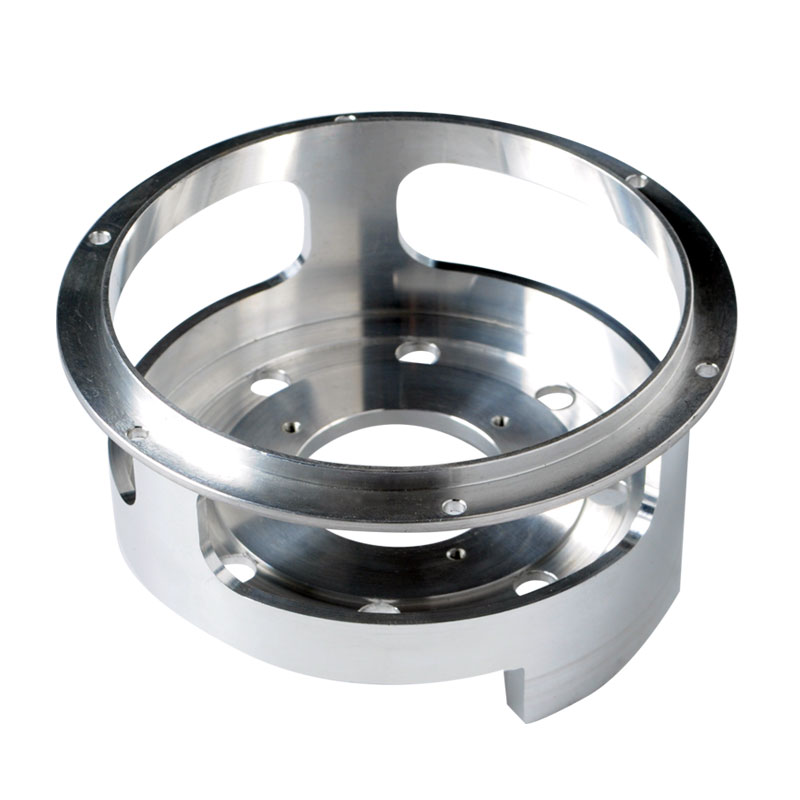Summary:Precision Machining Parts are a key element in manufacturing a wide range of products. They allow ma...
Precision Machining Parts are a key element in manufacturing a wide range of products. They allow manufacturers to cut metals like aluminum, copper, and steel to precise dimensions and tolerances with little to no manual involvement.
Machined parts are used in everything from toys to medical devices. They are manufactured using computer numerical control (CNC) machines to cut complex shapes and create prototypes of new products.
Unlike the early days of hammer and blades, precision machining uses cutting, milling, turning, and electrical discharge machining to produce high-quality components that are made to fit seamlessly into larger machinery. The process relies on a combination of design and computer-aided manufacturing software and a skilled machinist to produce the most accurate part possible.
The industry that benefits most from precision machining is the automotive, aerospace, and HVAC industries. These industries rely on precision machining for things like engine blocks, bushings, manifolds, and landing gear parts.
To ensure the precision of their CNC machining, suppliers and machine shops often use quality processes to check for errors in their machining. These quality checks include measuring and comparing a representative sample of each part they produce.
Another common application of precision engineering is repairing tools and components that have been worn down with use. Precision machinists can sometimes restore them to their original condition by grooving, welding, or calibration. If you need help restoring your machined parts, contact a specialist to get started! They will help you decide what steps to take to make sure your products are as good as they can be.

 Main:+86 574 87907106
Main:+86 574 87907106![]() Main:+86 574 87907106
Main:+86 574 87907106